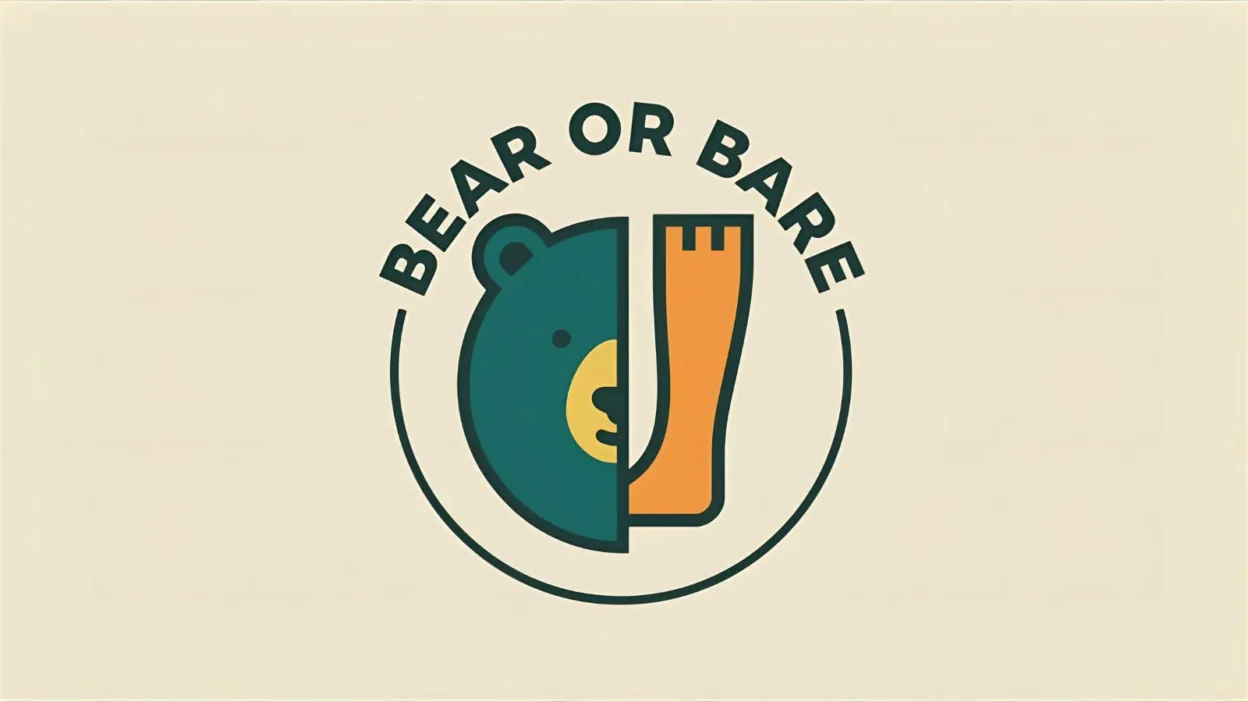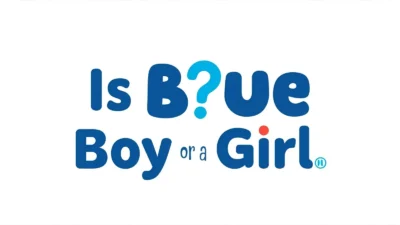Have you ever felt confused while writing — should it be “bear” or “bare”? Don’t worry, you’re not alone!
These two words sound exactly the same but have completely different meanings. I’ve made this mistake before too — while writing essays and posts — and it completely changed my sentence!
That’s why I decided to explain it once and for all. In this article, I’ll help you clearly understand the difference between “bear” and “bare” with simple examples, easy rules, and quick tips — so next time, you can write with confidence and avoid confusion.
Bear or Bare – Quick Answer

- Bear → A verb meaning “to carry, endure, or support,” or a noun referring to the animal.
Example: “She could barely bear the heavy workload.”
Example: “The bear wandered into the forest.” - Bare → An adjective or verb meaning “uncovered, exposed, or minimal.”
Example: “He walked on bare feet.”
Example: “The room was bare of furniture.”
Tip: Think of bear as endurance/animal and bare as exposed/naked.
The Origin of Bear or Bare
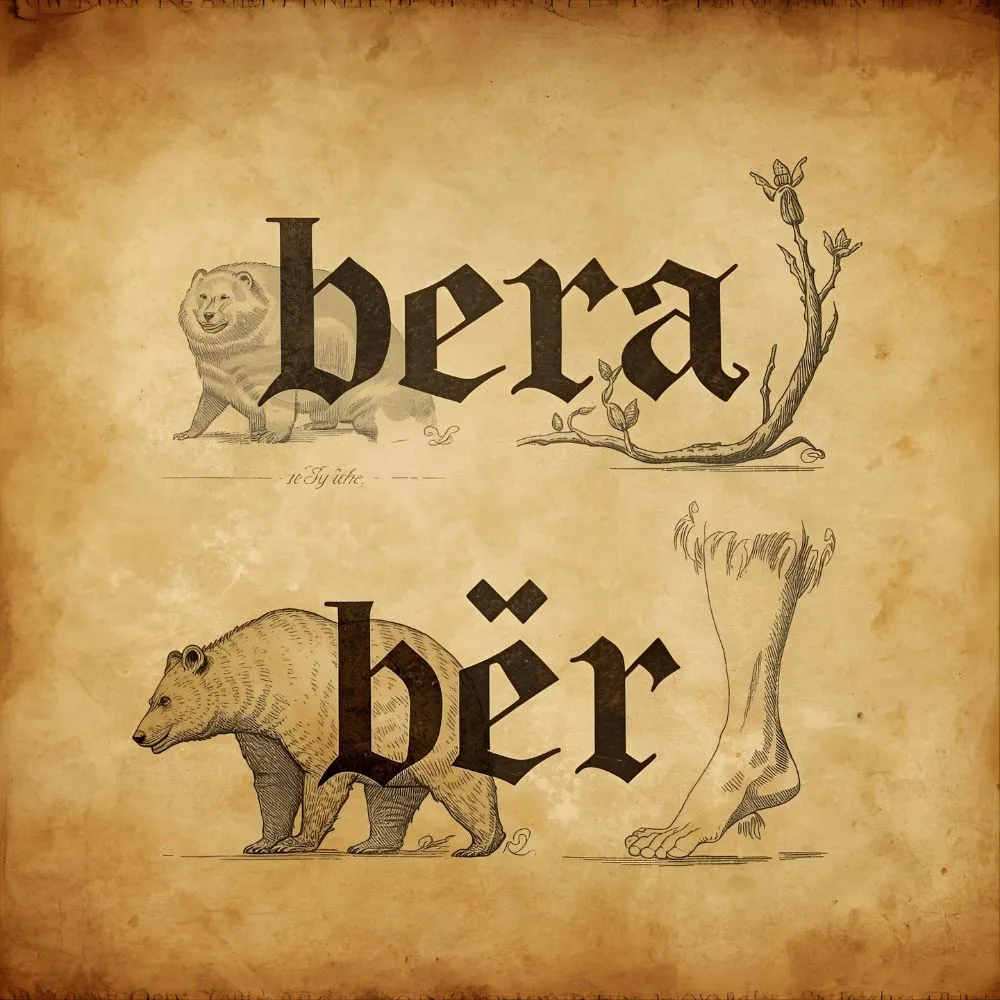
- Bear originates from Old English bera, meaning the large mammal, and the verb beran, meaning “to carry.”
- Bare comes from Old English bær, meaning “uncovered” or “naked.”
Over time, the spellings stayed the same, but the meanings diverged, causing confusion for learners of English today.
British English vs American English Spelling
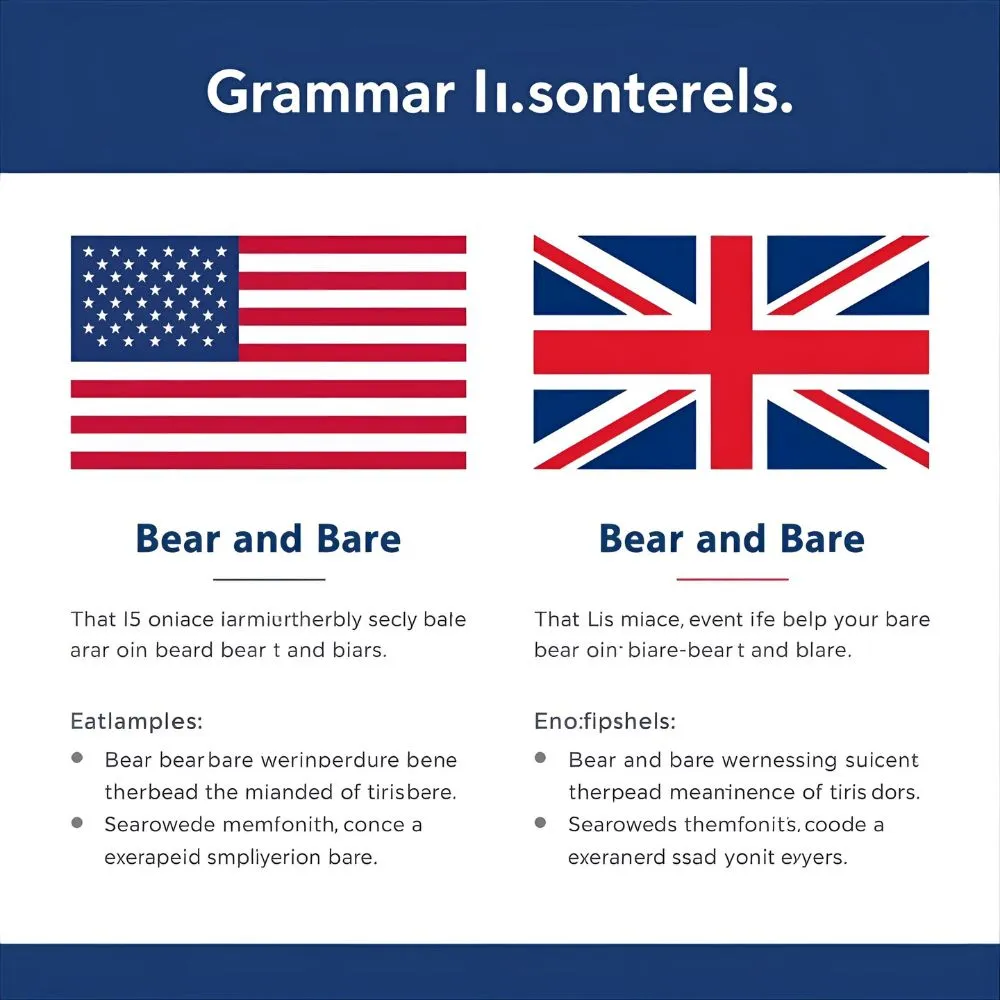
There is no spelling difference between British and American English for these words. Both bear and bare are used the same way in the UK, US, and other English-speaking regions.
Comparison Table
| Word | Meaning | Example | Region |
| Bear | Endure, carry, or the animal | “She can bear the responsibility.” | US & UK |
| Bare | Exposed, uncovered | “He walked on bare feet.” | US & UK |
Which Spelling Should You Use?
- US Audience: Use bear for endurance/animal and bare for uncovered/exposed.
- UK/Commonwealth Audience: Same rules apply.
- Global/Online Audience: Stick to the meanings above to avoid confusion.
Common Mistakes with Bear or Bare
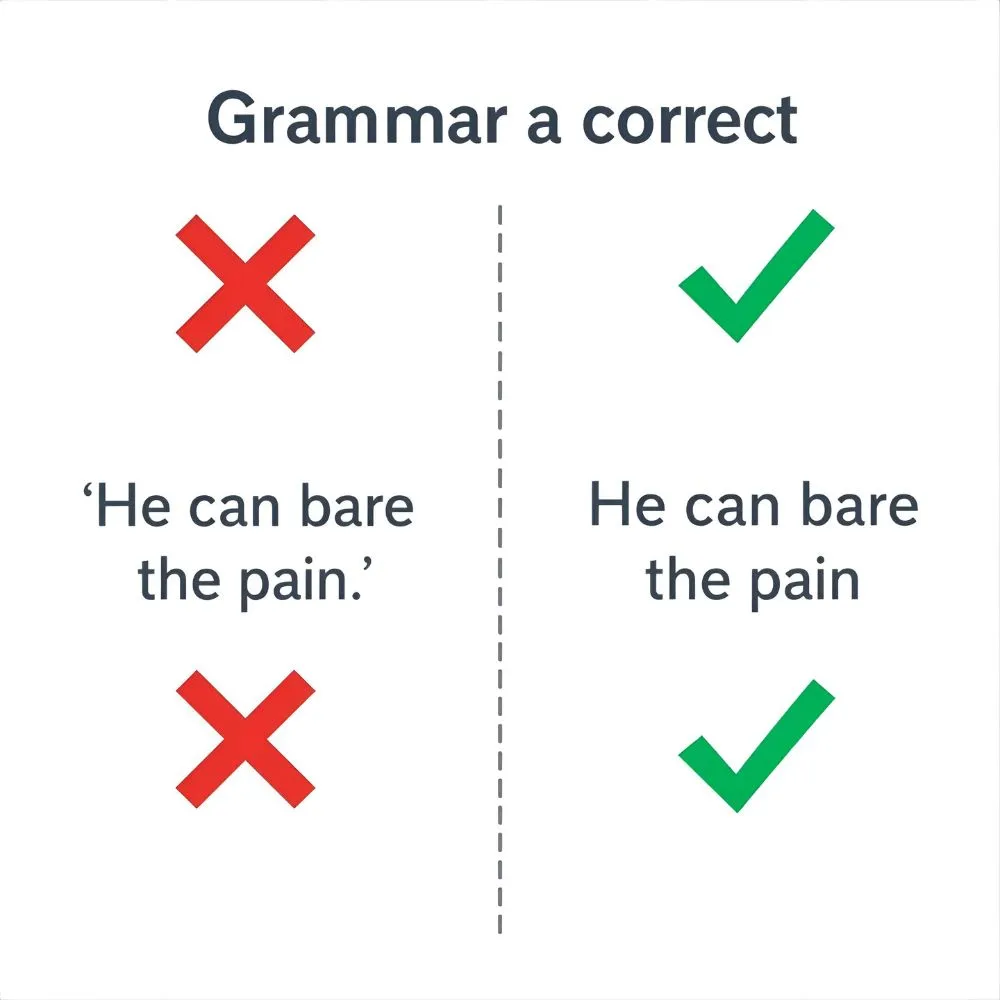
- ❌ “He can bare the pain.” → Wrong
✅ “He can bear the pain.” → Correct - ❌ “The bear feet were cold.” → Wrong
✅ “The bare feet were cold.” → Correct - ❌ Confusing the noun and verb forms: “The bare walked in the forest.” → Wrong
Bear or Bare in Everyday Examples

- Email: “Please bear with me while I finish this report.”
- News: “The bear population has increased in the national park.”
- Social Media: “My room is completely bare after moving out!”
- Formal Writing: “Investors must bear the financial risk of new ventures.”
Bear or Bare – Google Trends & Usage Data

- Bear → More frequently searched globally, especially in idiomatic expressions and animal references.
- Bare → Commonly searched in fashion, lifestyle, or descriptive contexts.
- Top countries searching “bear” include US, UK, and Canada.
- Top countries searching “bare” include Australia, US, and UK.
Comparison Table
| Keyword | Popularity | Context |
| Bear | Very High | Idioms, animals, verbs |
| Bare | Medium | Fashion, lifestyle, exposed |
FAQs
- Which is correct: bear or bare?
Both are correct but have different meanings. - Can I use bear to mean uncovered?
No, that’s always bare. - Is bare ever a noun?
No, it is an adjective or verb. - Can bear be plural?
Yes, the animal: “Three bears were in the forest.” - Is bare used in idioms?
Yes, e.g., “bare minimum” or “bare essentials.” - Do British and American English differ?
No, both use the same spellings and meanings. - How can I remember the difference?
Bear = animal or endure; Bare = naked/exposed.
Conclusion
Choosing between bear and bare is simple once you know their meanings. Bear refers to the animal or enduring something, while bare means uncovered or exposed. Confusion often occurs because the words are homophones—they sound the same but differ in meaning. There is no British vs American spelling difference, so the focus should be on context. Always read your sentence carefully: if it involves endurance or an animal, use bear; if it involves exposure, minimalism, or nakedness, use bare. Understanding this distinction improves writing clarity, avoids mistakes in emails, essays, or social media, and ensures your readers interpret your message correctly. With practice, these homophones will no longer confuse you.

Alexander Wren is a talented writer at lingorae.com, known for his clever wit and engaging style.
A true master of puns, he crafts playful wordplay that entertains and inspires readers.

